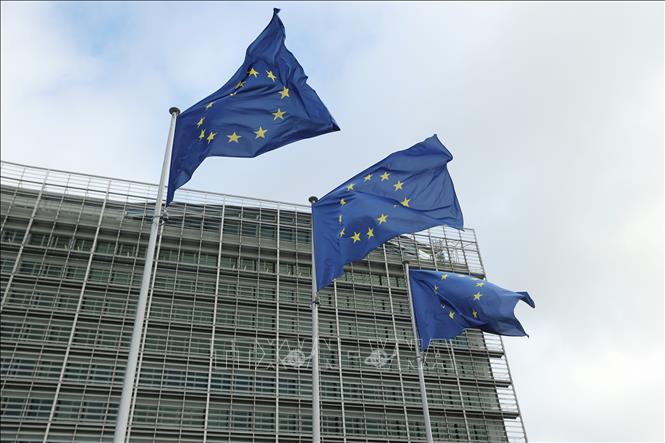
European Commission (EC) building in Brussels, Belgium. Photo: THX/TTXVN
The fifth annual report on the implementation and delivery of EU Trade Policy, published on 3 November, shows that trade agreements have helped European businesses access new markets, reduce dependence on traditional partners and maintain stable trade flows. The report covers the period 2024 and the first half of 2025, and affirms that trade policy is a factor strengthening the region's competitiveness.
According to 2024 figures, EU goods exports to 76 partners with preferential FTAs increased by 1.4%, double the 0.7% increase for countries without agreements. Exports to Canada increased by 51% since 2017, while the overall increase to other markets reached 20%. Agricultural and food exports reached a record 235 billion euros (271 billion USD), up 2.8% compared to the previous year, with exports to preferential partners alone increasing by 3.6%, double the increase to countries without FTAs. In 2023, the service and trade sector with preferential partners reached 1,300 billion euros (1,500 billion USD), more than three times higher than the group without FTAs.
Trade agreements have also helped stabilize EU supply chains amid the impact of sanctions on Russia. Exports to Mexico, Norway, Switzerland and the UK have offset declines in the automotive, electrical components and equipment sectors. On the import side, natural gas and liquefied natural gas from Algeria, Kazakhstan and Norway, and copper imports from Chile, have helped the EU balance supply after reducing its dependence on Russia.
In 2024, the EU removed 44 trade barriers in third markets, bringing the total to 186 since the implementation mechanism was established in 2020. In addition, the bloc continued to expand its network of partners, with two new agreements entering into force: the FTA with New Zealand and the Economic Partnership Agreement with Kenya. To date, the EU has concluded 44 agreements covering 76 preferential partners, completed negotiations with Indonesia and is awaiting approval of agreements with the Southern Common Market (MERCOSUR) and Mexico, and promoted negotiations with India, Malaysia, the Philippines, Thailand and the United Arab Emirates (UAE).
EU Commissioner for Trade and Economic Security, Maroš Šefčovič, stressed that FTAs help the bloc strengthen its position in the face of global challenges by diversifying its sources of supply and markets and reducing costs through international regulatory harmonization. He said that expanding markets is essential for European businesses to maintain stability in a volatile trade environment.
This year’s report is accompanied by a Staff Working Document, which updates progress on preferential trade relations, the removal of barriers, dispute settlement and the implementation of new enforcement tools. The document also notes efforts to support businesses, especially small and medium-sized enterprises, through the Access2Markets portal.
In the context of the reshaping of the global supply chain, the EU considers the expansion of the network of trade agreements as a strategic pillar of its foreign economic policy. An approach based on the principles of openness, transparency and mutual benefit is considered the foundation for the EU to affirm its role as a stable global trade center, towards sustainable development, green economic transformation and digitalization in the current period.
Source: https://baotintuc.vn/kinh-te/hiep-dinh-thuong-mai-thuc-day-xuat-khau-va-da-dang-hoa-thi-truong-cua-eu-20251104140914956.htm








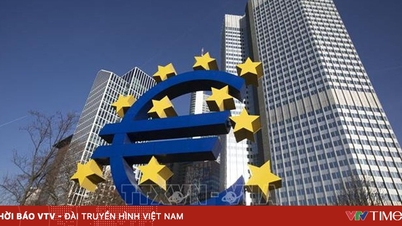





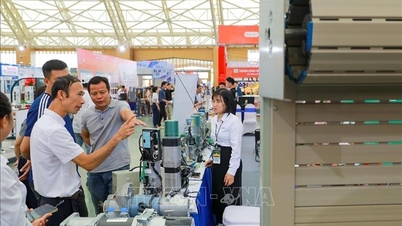
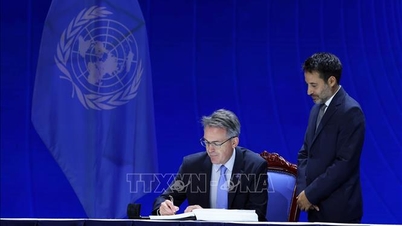
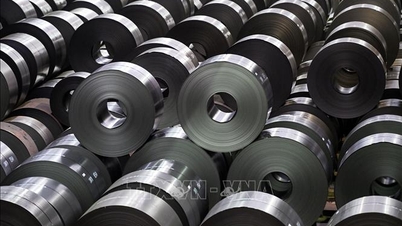


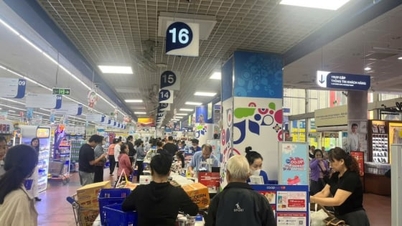




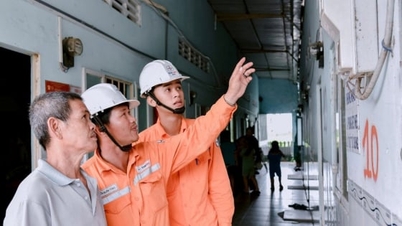




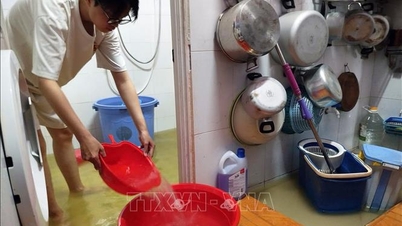




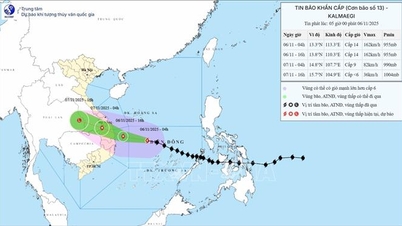

![[Photo] Opening of the 14th Conference of the 13th Party Central Committee](https://vphoto.vietnam.vn/thumb/1200x675/vietnam/resource/IMAGE/2025/11/05/1762310995216_a5-bnd-5742-5255-jpg.webp)





















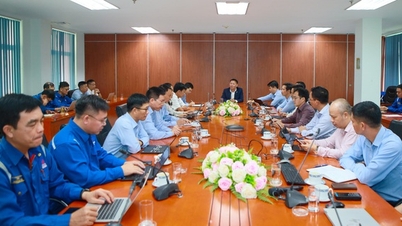








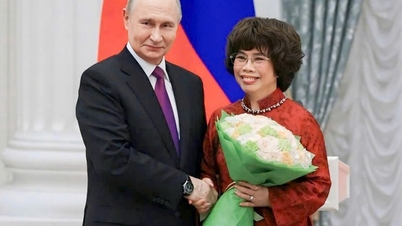














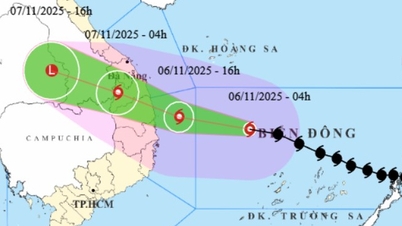


















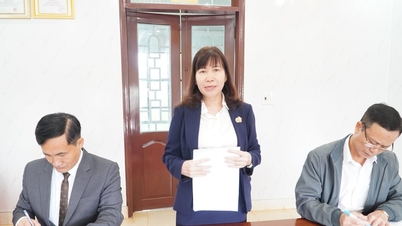
















Comment (0)